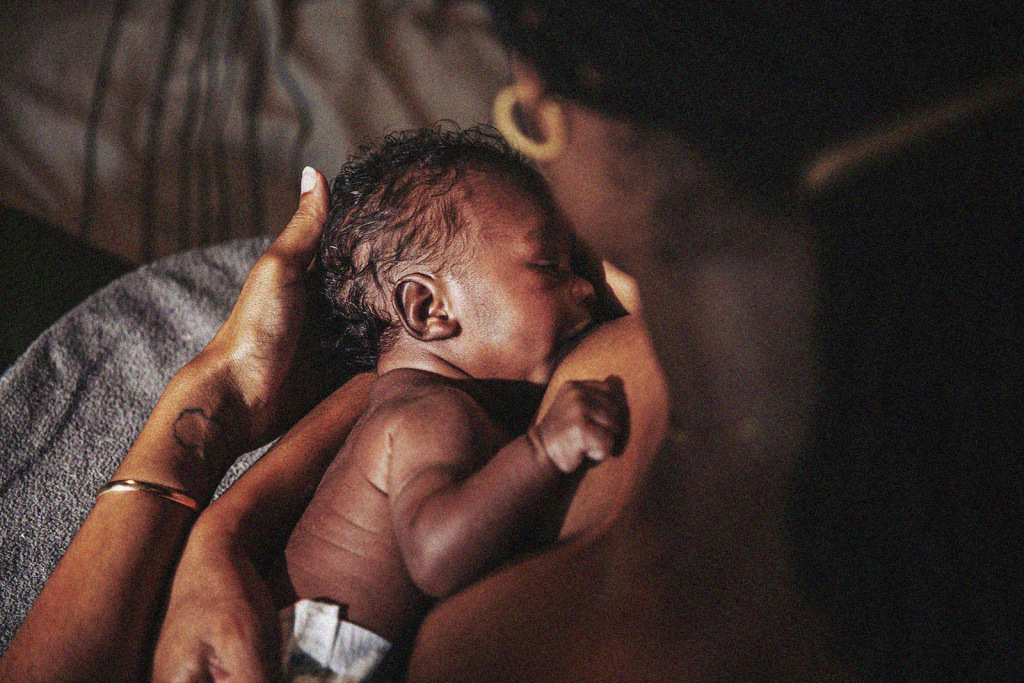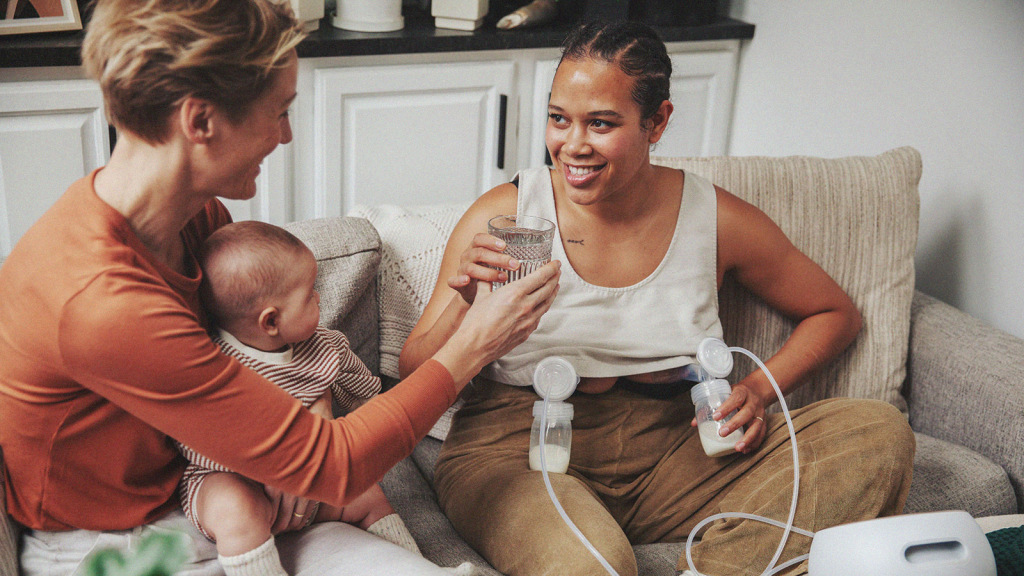5 environmental benefits of breastfeeding: Support breastfeeding for a healthier planet
Climate change and environmental degradation are some of the most urgent challenges facing our world today. Fortunately, breastfeeding is a useful tool in lessening the impact of climate change. In fact, World Breastfeeding Week 2020 specifically highlighted these benefits, declaring the year’s theme “Support Breastfeeding For a Healthier Planet.”
The Lactation Network has long advocated for the right of every single human to accessible, affordable lactation care. The environmental benefits of breastfeeding extend well beyond the first couple years of a child’s life and have a profound impact on the nursing parent (as well as the parent/baby relationship). But beyond that, breastfeeding is a climate-smart decision. Here are five reasons why.
1. Breastfeeding helps save energy
The production, packaging, and distribution of breast milk substitutes requires an overwhelming amount of energy. According to the Journal of Perinatal Education, 60% of the world’s population uses breast milk substitutes. This equates to millions of containers of formula being shipped around the world each day, expelling tons of fossil fuels in the process. Breastfeeding, on the other hand, is a completely sustainable source of nourishment. It’s hyper-local, and it requires a comparatively negligible amount of energy (just enough for a breast pump and bottles).
2. Breastfeeding helps decrease packaging waste
According to the World Alliance for Breastfeeding Action, feeding one million babies with formula for two years requires, on average, approximately 150 million cans. These metal formula cans, if not recycled, end up in landfill sites while plastic, aluminum, and paper formula packaging often end up in our oceans. Breastfeeding in the U.S., on the other hand, typically only requires a breast pump and bottles — most of which should be recyclable. When was the last time someone told you your breasts could help save the oceans? Well, parents — they can.
3. Breastfeeding helps prevent habitat loss
The main ingredient of most breast milk substitutes is cow’s milk. Global demand for dairy continues to skyrocket due to population growth, and with the increasing demand for dairy, there is a growing need for space. Over the past quarter-century, forests have been cleared from an area the size of India — primarily to accommodate expanded pastures and feed for livestock production. Unsustainable dairy farming and feed production can pollute the soil, water, and air of these areas and their surroundings. This leads to a greater loss of ecologically important areas, like prairies, wetlands, and forests. Breast milk production helps to reduce our society’s dependence on dairy farming — and in turn preserves our wilderness.
4. Breastfeeding helps reduce the release of methane
The increase in greenhouse gas emission is one of the two main factors in global warming. Unfortunately, dairy farming is a major culprit. The 1.4 billion cattle in the world contribute about 40 percent of all human-produced methane annually. According to the EPA, methane is a potent greenhouse gas — about 28 times more powerful than carbon dioxide at warming the Earth over a 100-year timescale and more than 80 times more powerful over 20 years. Since the Industrial Revolution, methane in the atmosphere has more than doubled, and about 20 percent of the warming the planet has experienced during that time can be attributed to the gas.
One of the major environmental benefits of breastfeeding is that it helps to reduce our reliance on cattle and, with that, lower global methane emissions — a critical step in curbing the impact of climate change.
5. Breastfeeding helps save water
The world’s 270+ million dairy cows require water — lots of it. In fact, it takes 144 gallons of water to produce a single gallon of milk. Breast milk substitutes — both powder and liquid — then require additional water. By contrast, a breastfeeding parent requires enough water to remain hydrated. Not to mention, exclusive breastfeeding helps reduce water pollution from dairy farms. Manure and fertilizer runoff from these farms contribute to the growth of algae in local waterways, reducing oxygen for aquatic plants and animal life. So, stay hydrated — you’re doing some serious conservation work.
Are you ready to contribute to the environmental benefits of breastfeeding? Order a breast pump through The Lactation Network’s trusted marketplace partners today. And if you’re at all concerned about your ability to breastfeed, don’t try to figure it out alone. You can request a consultation with an International Board Certified Lactation Consultant (IBCLC) through TLN. Your IBCLC’s role is to support you in reaching your breastfeeding goals, whether that be at home or on a global scale.
We’re here for you, every step of the way. We work with your insurance to provide in-home, in-office, or telehealth visits with an IBCLC.




